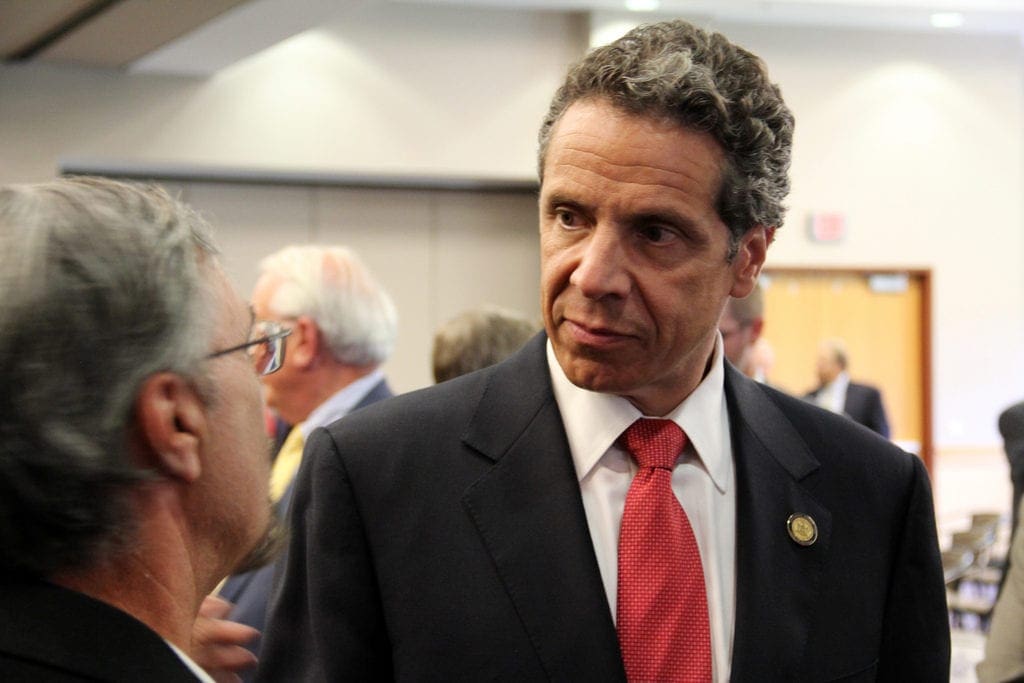New York Gov. Andrew Cuomo just approved a $175.5 billion budget, boasting it as the “broadest, most sweeping state plan that we have done.”
Hoping to spend $19.6 billion on Medicaid and healthcare alone, a 3.6 percent raise from last year, New York’s lawmakers also passed a new “mansion tax,” targeting properties worth more than $2 million. In addition, the state added a new online sales tax to the books, which officials hope will raise enough revenue to allocate $320 million to help with New York City’s transit system, a new vape pen tax, and a ban on plastic shopping bags, which gives counties the freedom to charge 5-cent fees on paper bags.
But are all these efforts enough?

New York, out of all states, should have learned its lesson once affluent residents packed up and left. After all, it was Cuomo himself who announced the state’s income tax revenue had plummeted by $2.3 billion since his budget plan was announced. But despite the backlash, Cuomo doubled down, dismissing the loss in tax-based cash as a product of the 2017 federal tax reform and its $10,000 limit on state-and-local tax (SALT) deductions.
Prior to President Trump, there were no limits on SALT deductions. Naturally, Cuomo believes New Yorkers suffered greatly with the cap imposition. But the problem goes way beyond the change imposed by Trump, as SALT’s goal is to help relieve residents of high-tax states. If local taxpayers didn’t have to deal with such a high tax burden in the first place, there would be no reason to leave.
As The Wall Street Journal editorial board put it, averting more damage is the best anyone can hope for — in the time being. In the long run, however, unwinding the state’s bureaucracy is the only solution to the Empire State’s problems.
Taxation: Beneficial Only to the Politician
As Frank Chodorov wrote in the classic Income Tax: The Root of All Evil, the U.S. government hit the jackpot when it succeeded in making an “obnoxious” law, such as the temporary taxation of income, a feature of the American way of life, effectively turning the country’s founding principles into a “collectivistic doctrine.”
After that, everything became fair game.
As explained by Chodorov, when 42 states ratified the tariff bill featuring an income-tax amendment in 1913, the 16th Amendment became part of the U.S. Constitution, “[reducing] the American citizen to a status of subject, so much so that he is not aware of it; [enhancing] Executive power to the point of reducing Congress to innocuity; and [enabling] the central government to bribe the states, once independent units, into subservience.”
As Cuomo exemplifies with his never-ending campaign to destroy the New York state economy, income tax (or any tax for that matter) only benefits politicians. As the idea of taxing those who have property appeals to those who do not have any or at least as much as others.
It is “political ambition and the sin of covetousness,” as Chodorov put it, that help to perpetuate the idea that government has a right to confiscate property in the name of the common good. And politicians bank on it, using it to boost political clout.

























